It's hard to explain when it happens, but I think all parents eventually come to the realization that they cannot control everything. No matter how hard we try and no matter what precautions we take, at some point our children will get sick. They will get hurt. It's inevitable. It's part of growing up.
And for parents, it's excruciating.
Most of us never noticed it in our own parents, but now I'm sure it was there. Hopefully our children won't see the pain in our eyes when we know there is nothing we can do but offer comfort.
My wife and I came to this realization very early on. In fact, we discovered it 19 weeks before our child was born. After a rocky first few months of pregnancy, things finally seemed to be settling into a good rhythm. Our baby was growing and developing; my wife was feeling good. We had made it through the precarious first trimester.
But at the 20-week appointment, things began to change. Our doctor saw something she didn't like on the ultrasound and sent us to a specialist to take a closer look. I'll remember that appointment forever: "I'm sorry to confirm that your child has a critical heart defect."
These are not words you expect to hear. They're not words you're ever ready to hear. But hear them we did. And like that, our reality was that we had a child with a critical congenital heart defect.
We spent the next 19 weeks waiting. We waited in waiting rooms for monitoring. We waited in offices to meet with specialists. We waiting by the phone for test results. But mostly, we waited for our child to be born.
As any parent knows, the waiting is the hardest part. There is nothing you can do, so you swing helplessly between trying to educate yourself with the best the internet has to offer and trying to distract yourself -- with the best the internet has to offer. And all the while, the anxiety grows.
The doctors did their best to prepare us for what was to come. They explained to us how within minutes of being born, our child would be transferred to the Critical Care Unit at the attached children's hospital. Within a week, our child would need the first of three open-heart surgeries. And there was nothing we could do to alter this course.
Charlie was born in late August of this year, and by then it seemed my wife and I had a degree from medical school in pediatric cardiology. But even so, there was a sense of helplessness. We literally put the life of our son -- not even a day old -- in the hands of medical professionals. All we could do was wait some more.
We're at 12 weeks now, and Charlie is doing great. The doctors were actually able to avoid the first surgery by performing a much less invasive procedure. He will still have two more surgeries, the first of which we expect in early 2017.
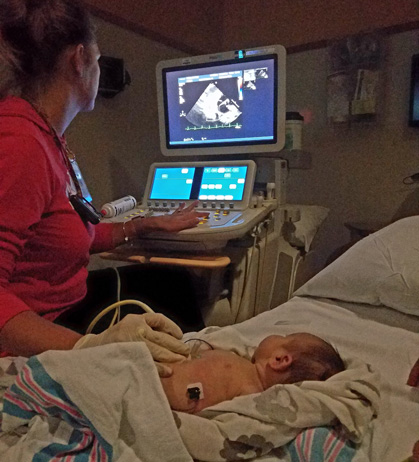
It is easy in a situation like this -- when your unborn child is diagnosed with a critical congenital heart defect or any major health concern -- to let the condition dominate the narrative of the pregnancy and of the child's life. At times, for us, it did just that. But then we look at Charlie and see him smile and we remember that he is an amazing boy -- our son -- who will grow up to do amazing things.
We can't control the function of his heart, or how long his stent will last. And no matter how hard we try, we can't avoid the open-heart surgery in just a few months, nor the second surgery in a few years. We have come to accept that reality, as all parents eventually do.
And in this shared acceptance, we find community. Sometimes out loud with others who share similar journeys, and sometimes silently, with an understanding glance across the room as young parents struggle to console a crying baby.
Some new parents avoid sharing these difficult stories so as not to scare parents-to-be. While I understand that logic, my wife and I found hearing others' stories to be so incredibly helpful in our journey. So I share this to offer comfort and to acknowledge that even as parents -- especially as parents -- there are things beyond our control.
Along with sleepless nights and dirty diapers, parenthood comes with uncertainty. It does not always manifest itself before birth, and it does not always happen on the scale of heart surgery. But it will happen, and when it does, know that you are not alone. Know that every other parent is standing right beside you.
Sam Rodin is the program director for Diller Teen Fellows at the Jewish United Fund. He lives in Skokie with his wife, Beth, and their 3-month-old son, Charlie.
Read more stories in the "Bringing Up (Jewish) Baby" blog series at www.oychicago.com/baby.
"Bringing Up (Jewish) Baby" is being produced in partnership with jBaby Chicago, which helps expectant parents and families of newborns and tots (0-24 months) make connection, build friendships and engage in Jewish life in Chicago.
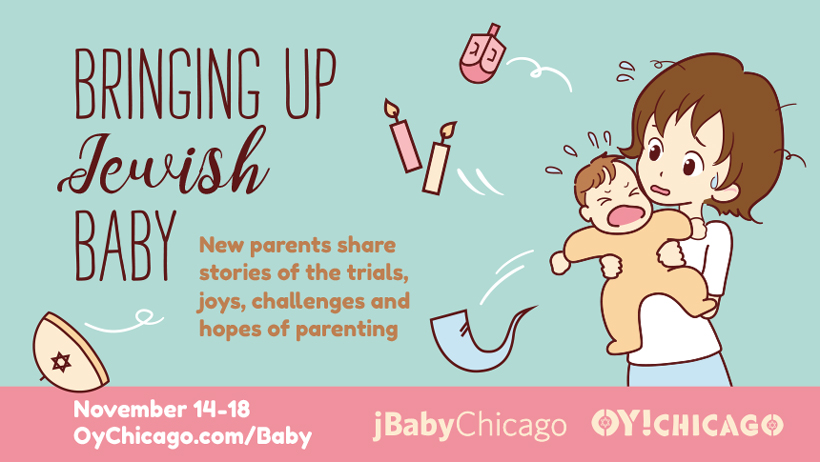


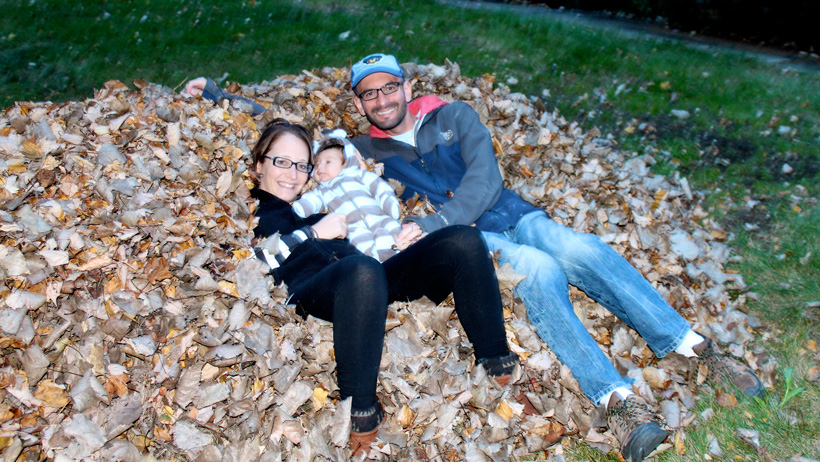
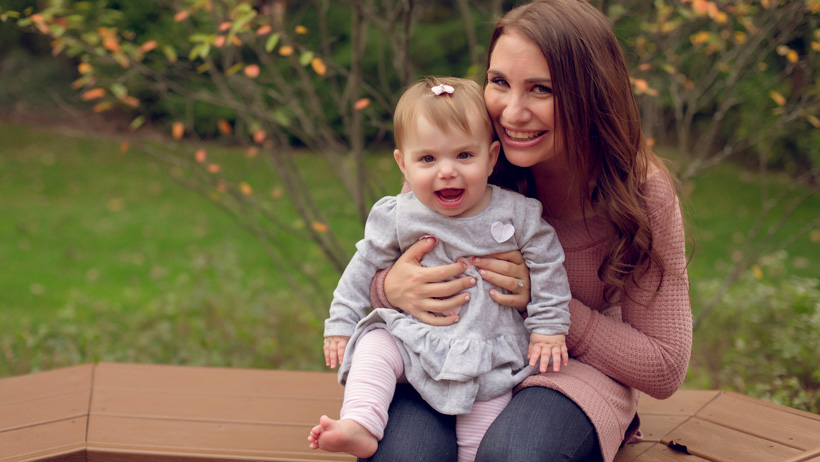
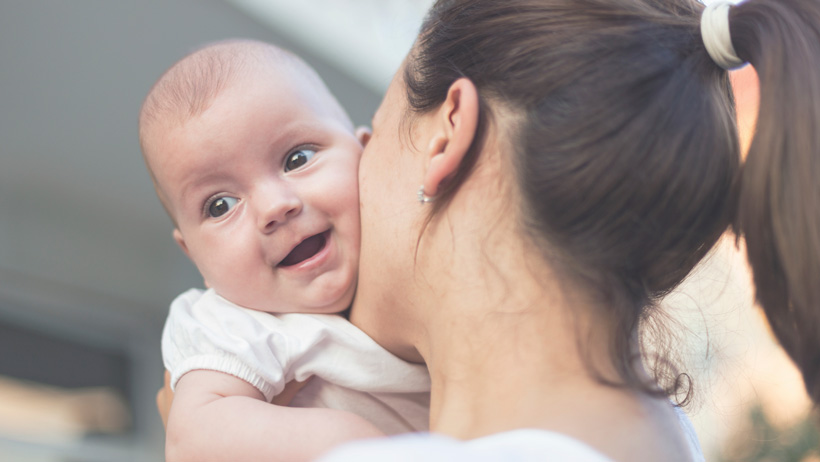
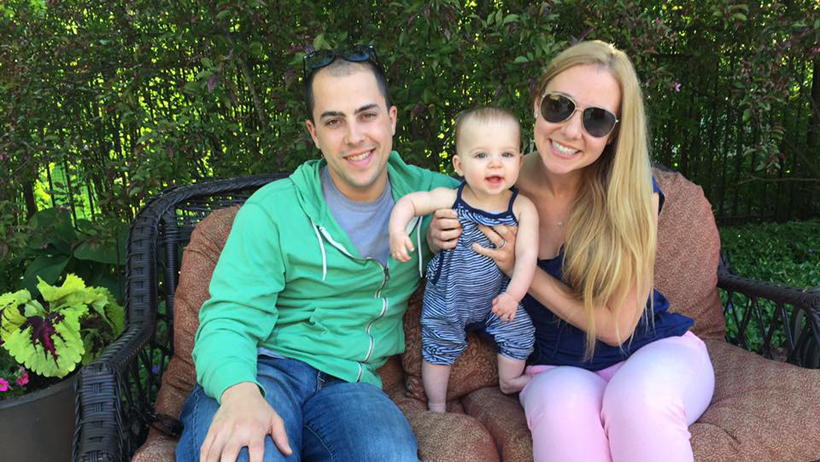
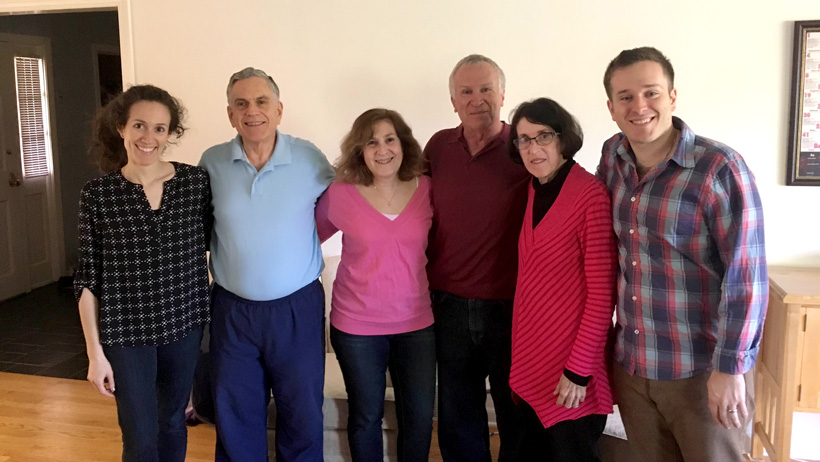

.jpg)



